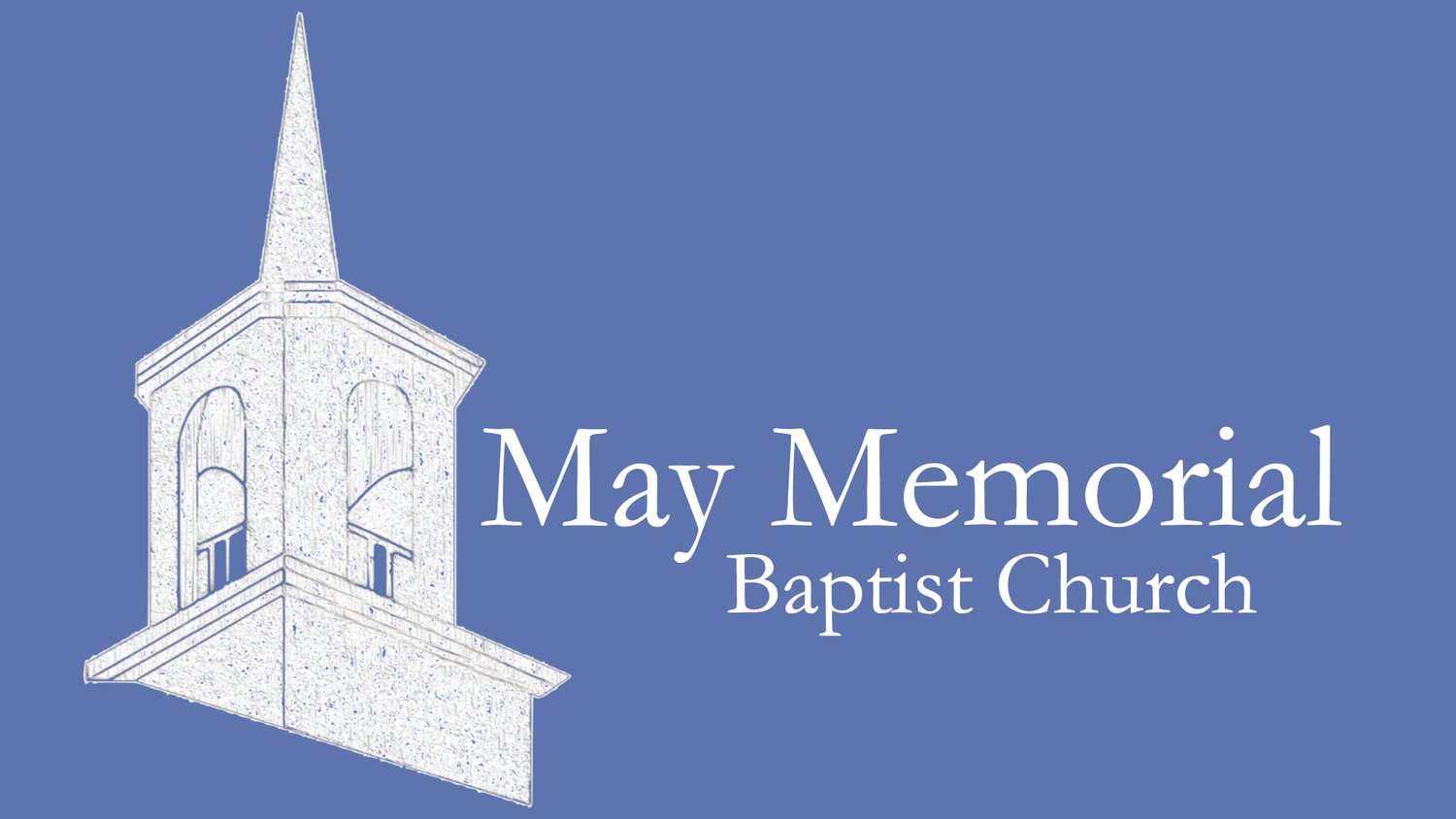You May Be Right
I never remembered hearing of H. L. Mencken until early this year, and then the same week I heard about him from two sources. First was an editorial by Lutheran Pastor and Christian Century Editor Peter Marty, and then by a member of the May Memorial family who loaned me a copy of Mencken’s brief Christmas Story.
H. L. Mencken was born in Baltimore in 1880, and he spent his entire life in that Maryland city. He was a brilliant writer, critic, and was the editor of the Baltimore Sun. I enjoyed my very limited exposure to Mencken this year, but both introductions came with caveats. The May Memorial family member and Editor Peter Marty both mentioned that Mencken is not a good example of faithful people, but he is very engaging and though provoking. His skill and talent are hard to walk away from, even for Christians.
Mencken was not a Christian; he actually was an atheist. He was what would be labeled today as a curmudgeon, and he was a racist. He spoke very harshly of the Jewish race (and religion), and he was particularly critical of organized religion as well as representative democracy. We would disagree with him in many ways.
But there is one particular practice of H. L. Mencken that I want to hold up to you. Mencken received many angry letters during his life, especially as a newspaper editor, and he replied to every one of them. He was attacking beliefs and practices that many people held sacred, so the critical correspondence was not surprising.
Mencken had a tall stack of pre-printed postcards on his desk, and when he would receive a letter disputing his views or opinions, he would pick up on of those cards, write the name and address on the front, and sign the back. Each person received the same message, pre-printed on the card. It was very honest and brief. It simply said, “you may be right.”
None of us, whatever our background or our level of certainty, have it all figured out. Our politics, our religion, our opinions on any issue, would be well suited with the phrase but “you may be right.”
A few weeks ago, at the onset of “online church” with the Pandemic I wandered back into the world of social media. If there is one place where H. L. Mencken’s practice would go a long way toward kindness and virtue is in the many Facebook scuffles, tirades, rants, and sermons.
But somehow we think that if we are open to another view, another opinion, another way of seeing things, we are somehow weakened in what it means to be a Christian. We have come to believe not only in the truth of Christianity, but also our interpretation of Christianity. And not only is Christianity’s truth claims above question, but so are my thoughts about that as well.
Jesus was not looking for people who believed the exact right things. He rarely mentioned belief in facts or intellectual propositions. What he was interested in was people who “walked the way he walked.” People who would “follow him.” People who would act the way he acted. We believe in certain things in order to find ourselves within the big tent of Christianity, but we all have room on our desks for a stack of pre-printed cards. “You may be right.” Maybe we are called to start placing a few in the mailbox.
